
Pakistan: MSF calls for sustainable access to treatment for cutaneous leishmaniasis on World NTDs Day
January 30, 2026Islamabad, Pakistan: On World Neglected Tropical Diseases (NTDs) Day, international medical organisation Médecins Sans Frontières/Doctors Without Borders (MSF) is calling on the government, donors, and international partners to urgently strengthen funding, procurement, and supply systems to ensure uninterrupted and sustainable...
Read more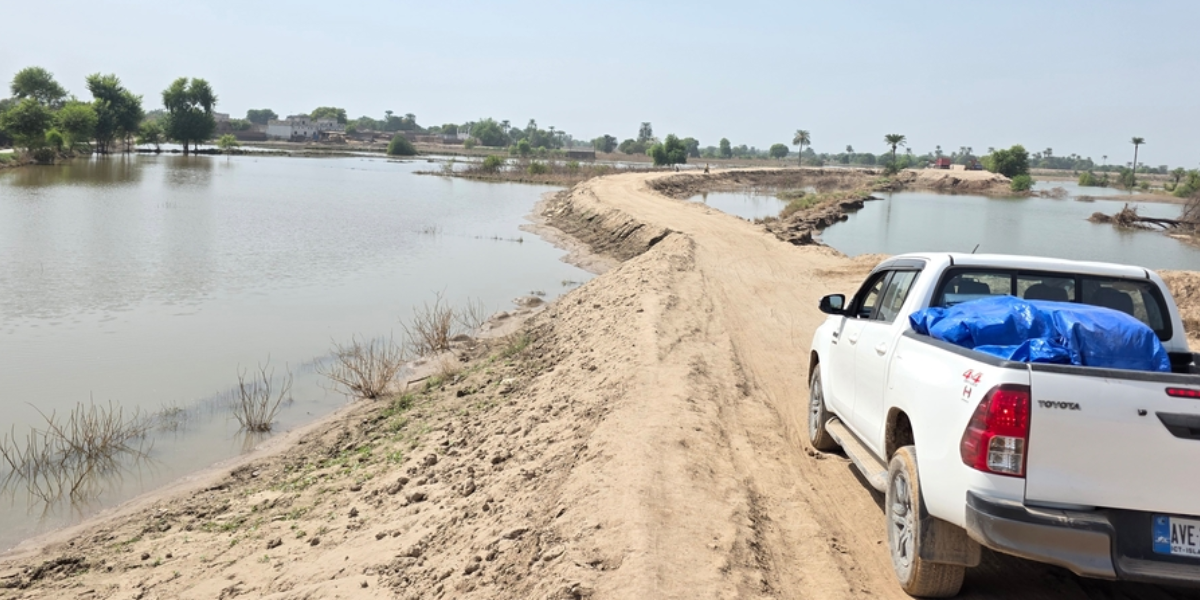
Pakistan: MSF concludes its flood response in Punjab after two weeks
October 24, 2025When the floodwater filled our area, I was inside the house with my children. We waited, hoping the water level would go down, but it rose under our beds. I managed to escape with my children, and we left the...
Read more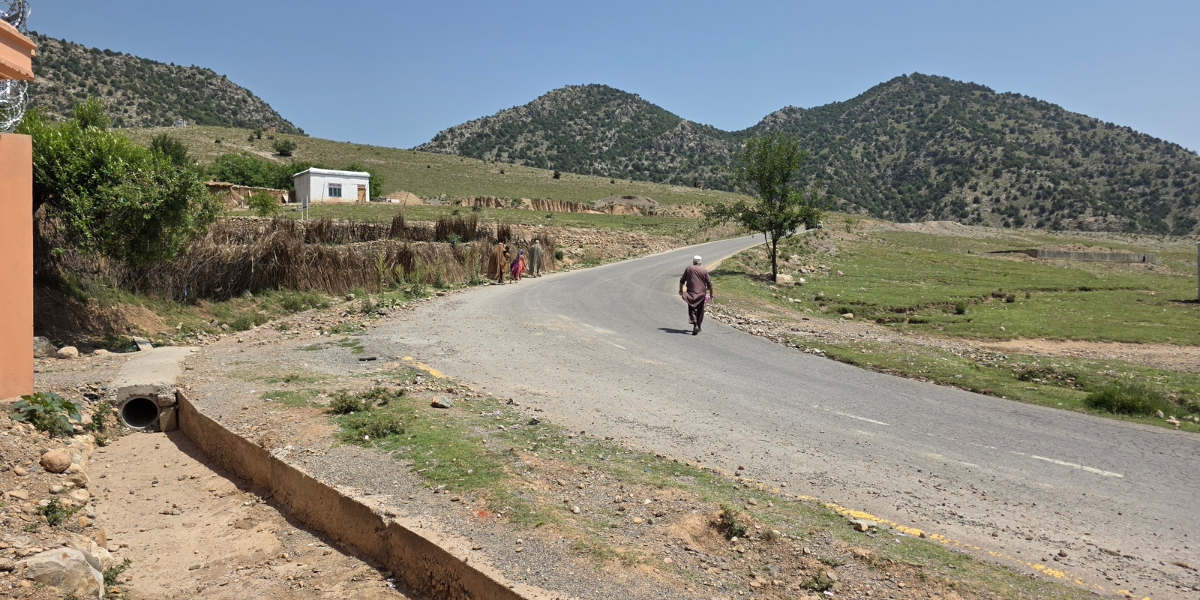
Pakistan: A clinic’s vital role in the conflict-torn Tirah valley
September 12, 2025In a Pakistan valley marked by conflict, one clinic offers critical support to thousands returning to damaged homes After more than a decade of being displaced from their homes by conflict, people have been returning to Tirah Valley, a mountainous...
Read more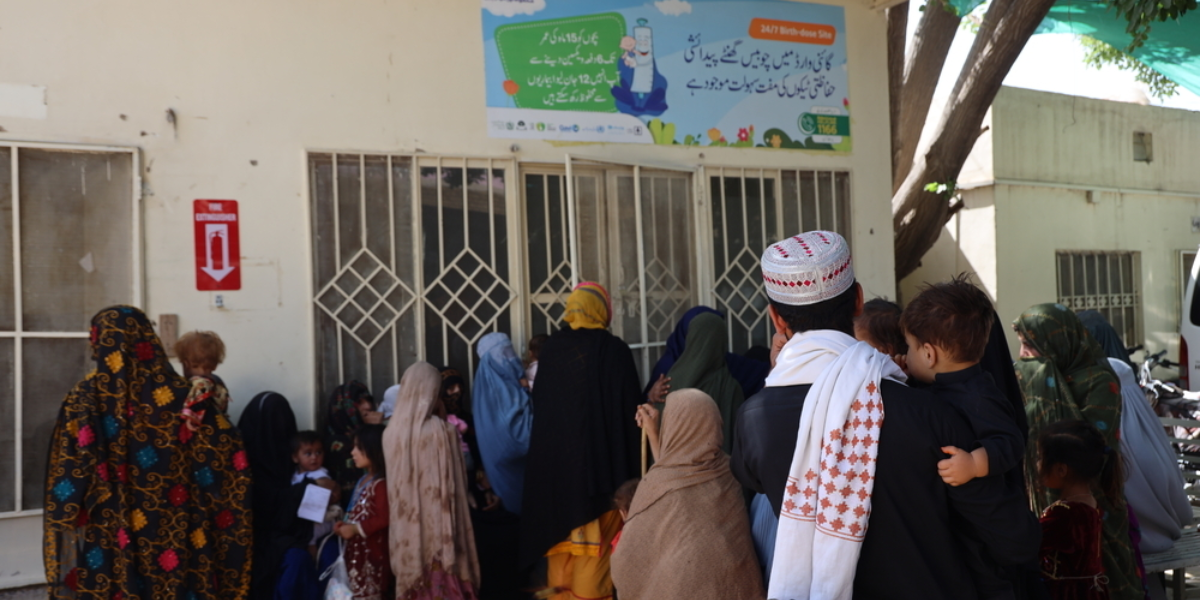
Pakistan: Afghan refugees fear seeking medical care
July 11, 2025Balochistan, Pakistan- “Since the deportations were announced, we live in constant anxiety,” says an Afghan refugee and father of two girls, while he visits a Médecins Sans Frontières (MSF) clinic in Balochistan, Pakistan. He describes how Afghan refugee communities are gripped...
Read more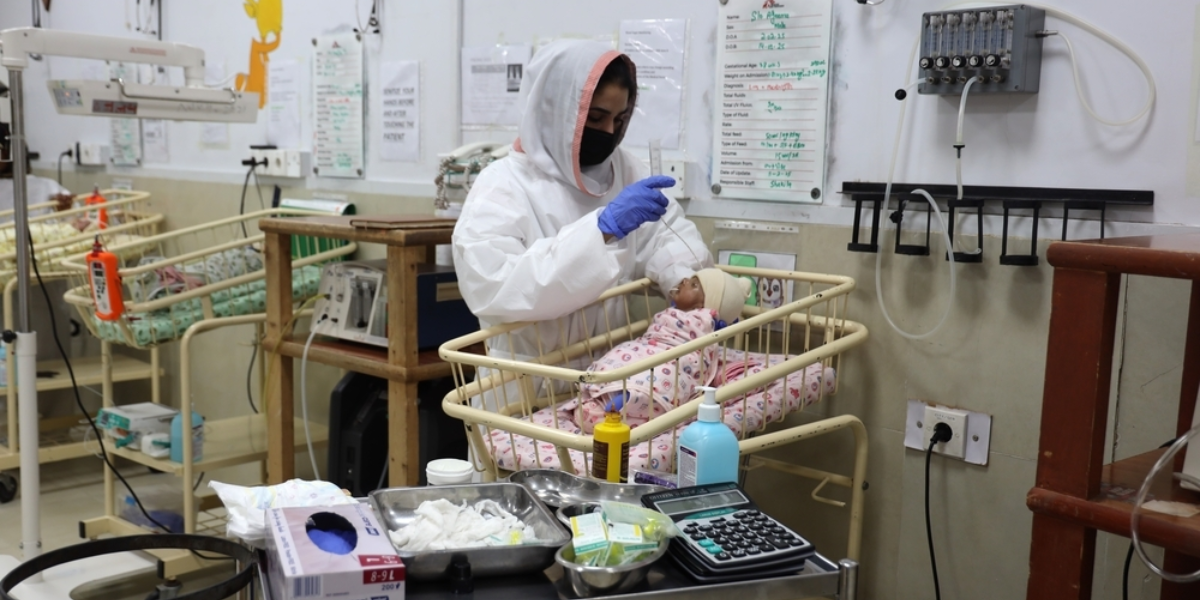
Pakistan: How MSF supports women and children in Eastern Balochistan
June 17, 2025In the heart of Dera Murad Jamali, a town in eastern Balochistan frequently battered by seasonal floods and chronic poverty, the mother and child healthcare facility supported by Médecins Sans Frontières (MSF) at the District Headquarter Hospital serves as a...
Read more
Pakistan: Concern over planned deportation of Afghan refugees
April 4, 2025Pakistan- Médecins Sans Frontières (MSF) once again expresses deep concern for approximately 900,000 Afghan Citizen Card holders facing deportation from Pakistan. Vulnerable groups, including women, children, and those with disabilities, are disproportionately impacted by such deportations. Women and girls face especially...
Read more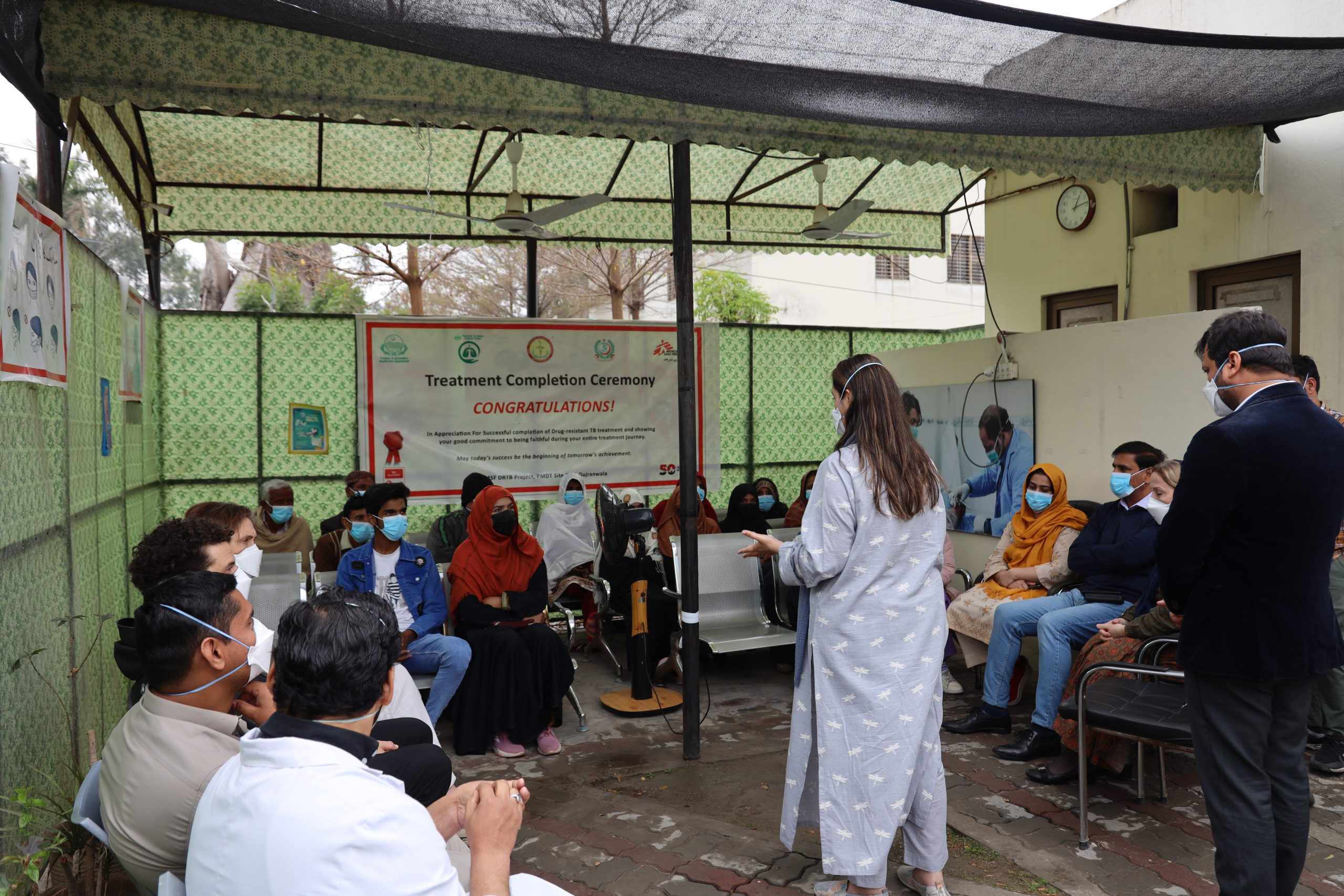
Pakistan: Mafeefa Naveed’s TB journey
April 1, 2025Gujranwala, Pakistan- In the soft light of a Gujranwala morning, 17‐year‐old Mafeefa Naveed stands at her family’s doorstep, a quiet smile illuminating her face as she greets another day. Today, a first-year college student with dreams of studying law, Mafeefa...
Read more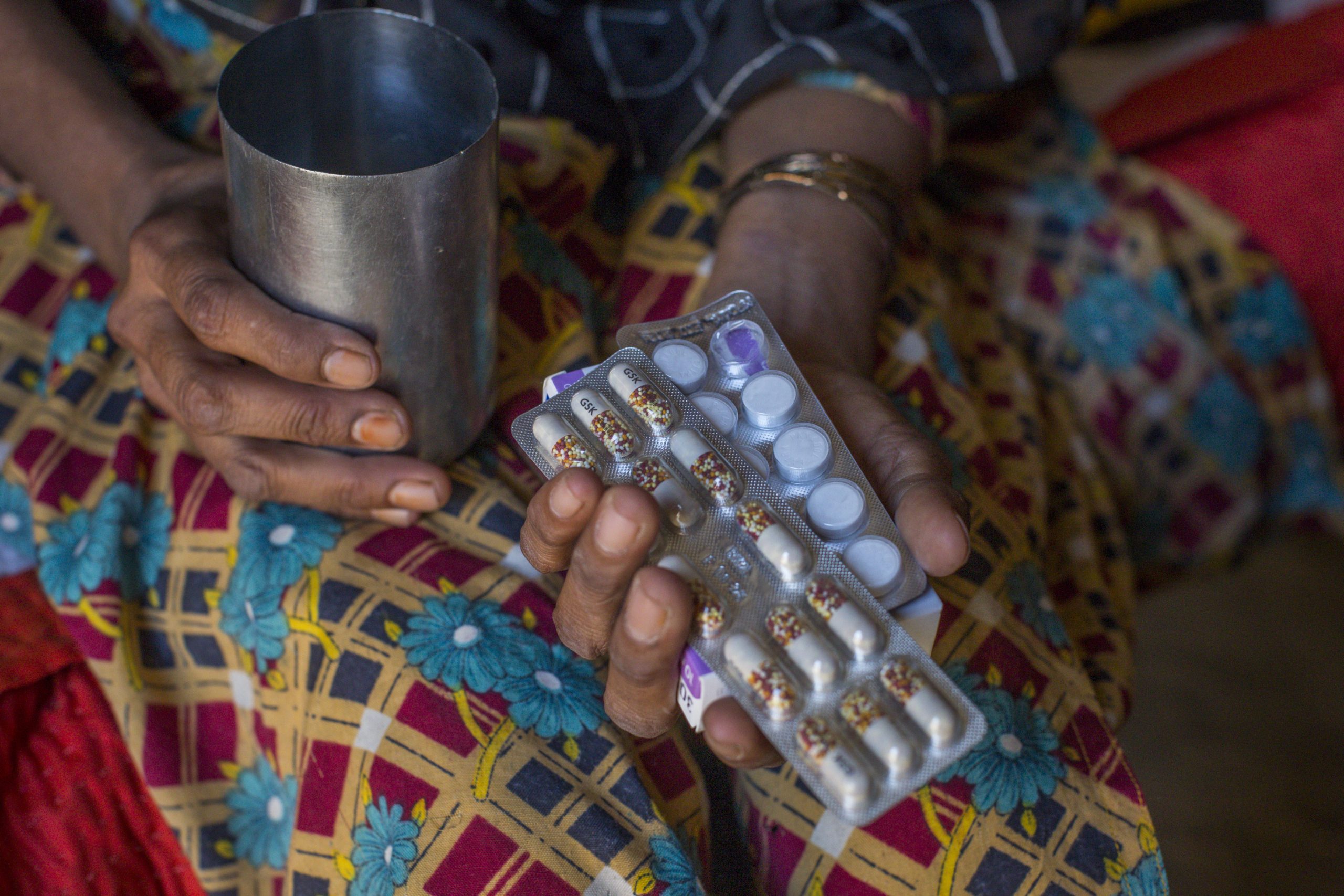
Pakistan: MSF’s TACTiC initiative ushers in hope on World TB Day
March 24, 2025Islamabad: As the world observes World Tuberculosis Day under the theme “Yes! We Can End TB: Commit, Invest, Deliver,” Médecins Sans Frontières/Doctors Without Borders (MSF) urges governments and international donors to prioritize sustained investments in diagnosing, treating, and preventing tuberculosis...
Read more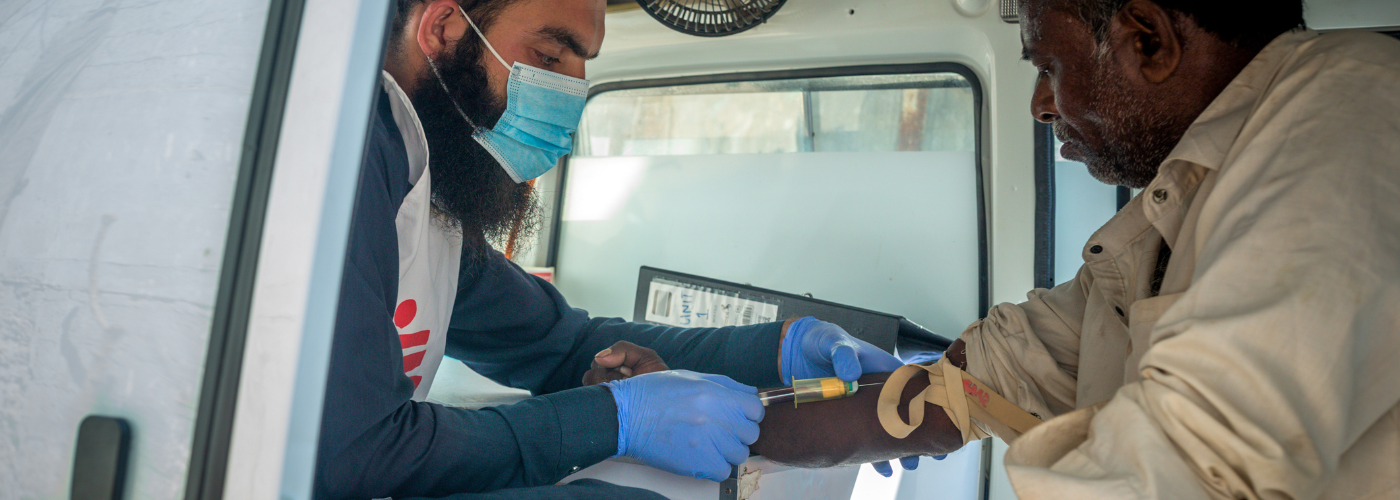
Pakistan: MSF concludes hepatitis C care in Karachi, having treated over 9000 people
January 29, 2025Karachi: Médecins Sans Frontières (MSF) today announced the closure of its long-running hepatitis C project in Karachi, bringing to an end nine years of free, lifesaving treatment in one of Pakistan’s most underserved urban communities.A new report, “The fight against...
Read more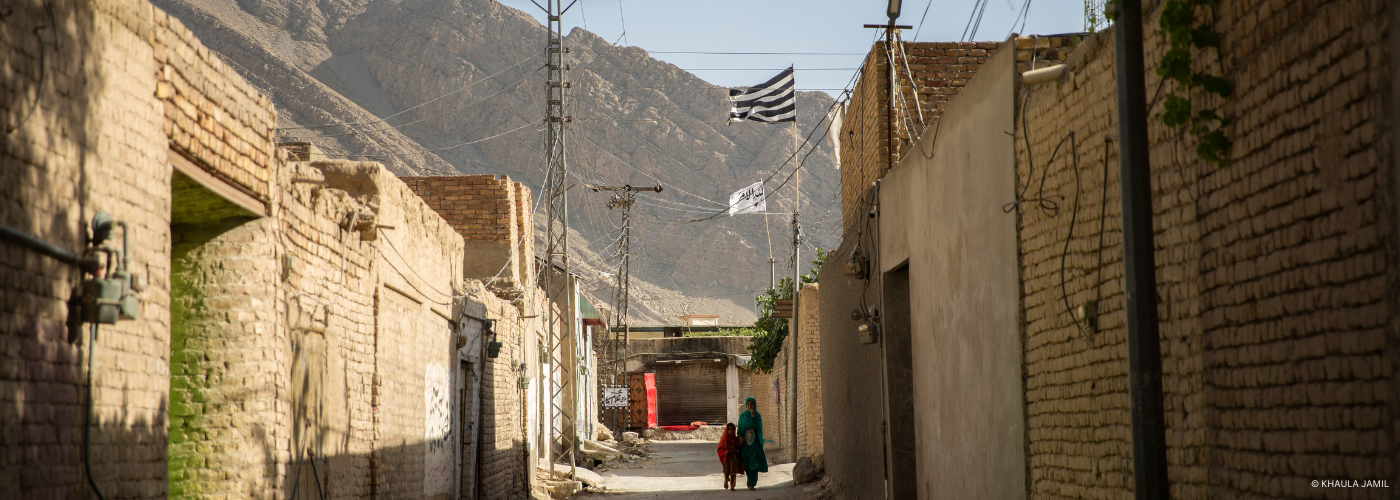
MSF concerned over deportations of Afghans from Pakistan
April 19, 2024In the wake of the recent announcement by the Pakistani authorities that ‘Phase Two’ of the ‘repatriation plan’ of Afghans in the country will begin after Eid (15 April), Médecins Sans Frontières (MSF) is deeply concerned for the rights and...
Read more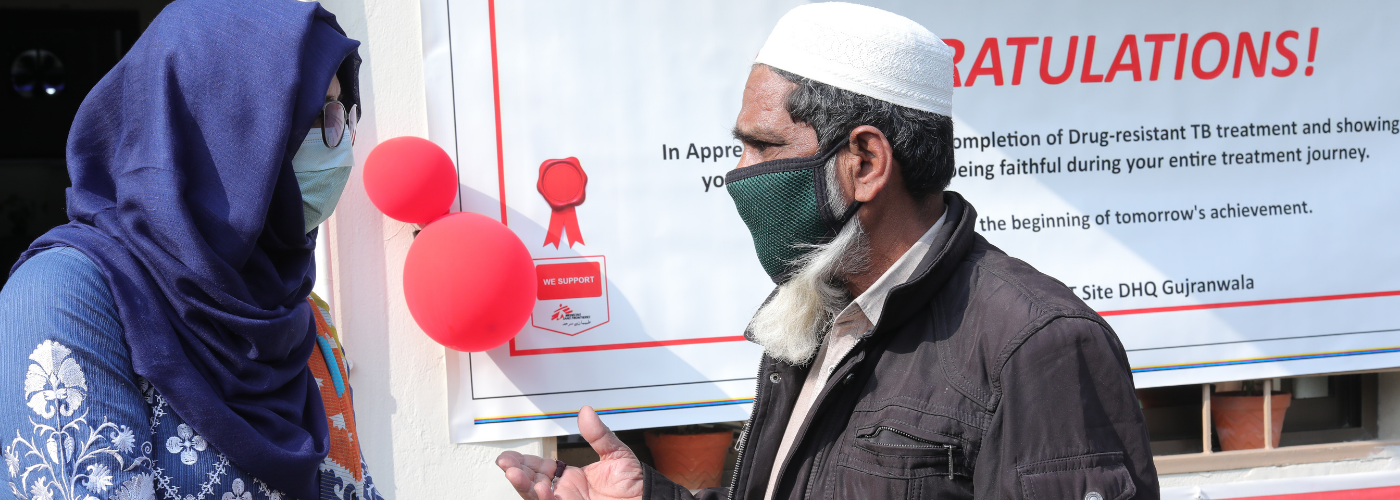
Patient Stories: Ensuring recovery through timely, accurate drug-resistant tuberculosis testing
March 18, 2024Ahmad, 11, from Tatlay Aali, a town in Gujranwala district, Pakistan, was diagnosed with tuberculosis (TB) when he was just five years old. "We’d never heard about this disease, nobody from our family ever had it. At the same time,...
Read more
After sixteen years, MSF hands over emergency services in Chaman, Balochistan
January 30, 2024After sixteen years, Doctors Without Borders/Médecins Sans Frontières (MSF) is handing over its emergency room (ER) services at the district Headquarters (DHQ) hospital to the medical authorities in Chaman, a town 130 kilometers north of Quetta, on the border between...
Read more











